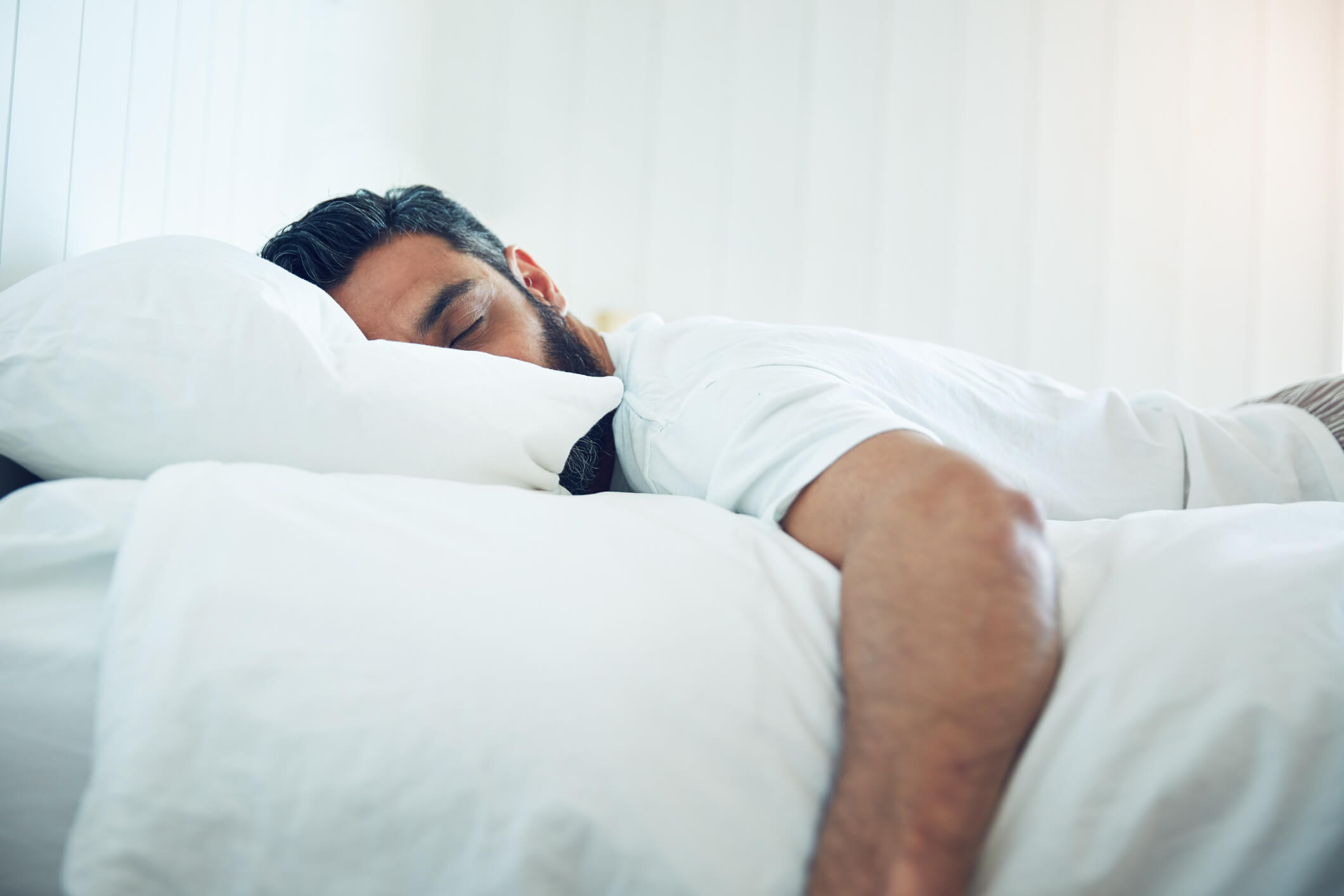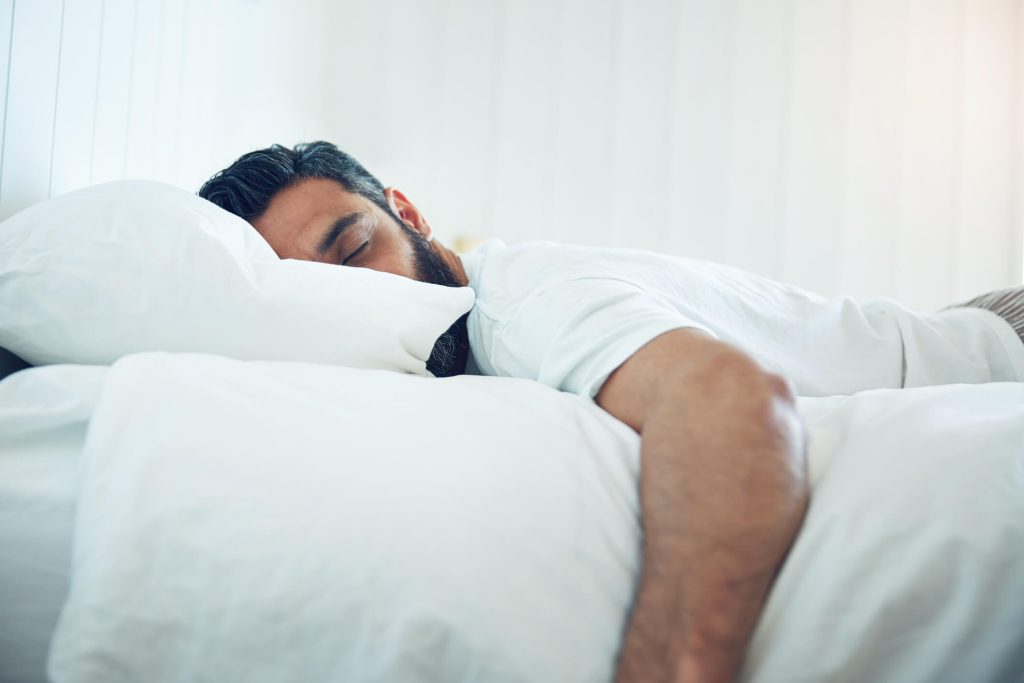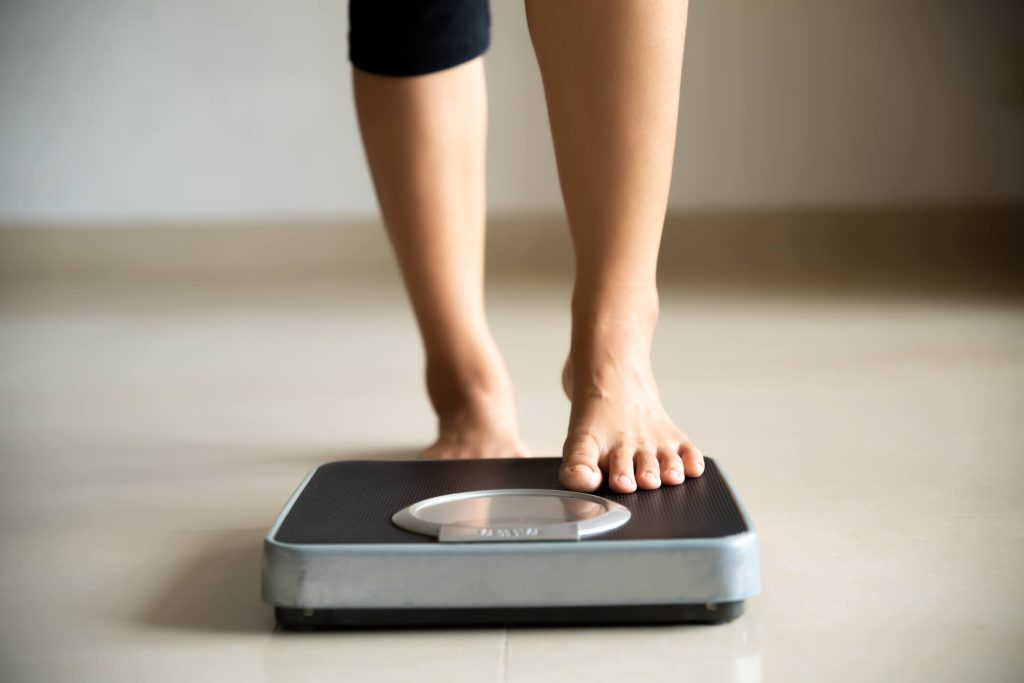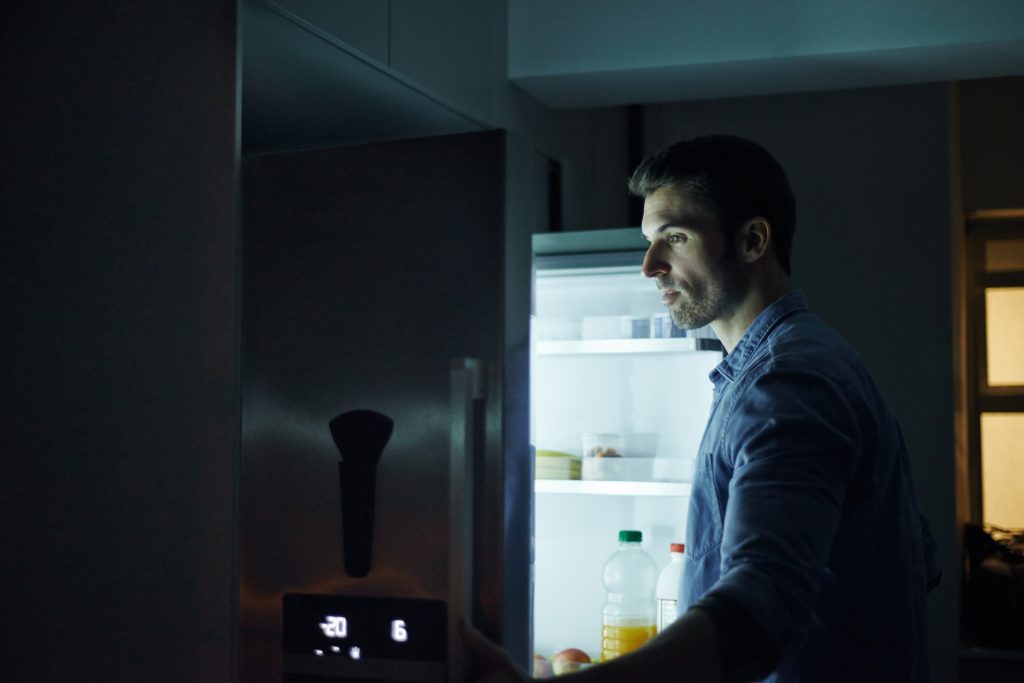
How Sleep Deprivation And Poor Sleep Quality Ruin Everything


How Sleep Deprivation And Poor Sleep Quality Ruin Everything
The Health-Destroying Sleep Deprivation Cycle
One of the most health-destroying cycles anyone can experience is the sleep deprivation loop. There are various degrees of this.
Our good friend Luke fell into this vicious cycle in his early 20s. He started using various nootropics and stimulants. After a few months, he could only sleep 90 mins a night. All his health markers were crashing. Finally, he started BiOptimizing, and after a few months, he recovered.
The next question is, what’s early? The answer: it depends on your chronotype. The book The Power Of When breaks down four chronotypes.
- Lions: wake up early, go to bed earlier
- Wolves: stay up later, wake up later
- Bears: are between lions and wolves — the majority of the population
- Dolphins: the insomniacs and light sleepers

It makes sense from an evolutionary biology perspective. If everyone were a morning person and slept during the night, it would be bad for night invasions. So you needed a night crew to protect the tribe. This partially answers the question, “why can’t I sleep at night but during the day?”
You can find out which one you are by going to www.ThePowerOfWhenQuiz.com.
Therefore, “early” changes from person to person. For example, for a lion, early could mean 8 pm. For a bear, it’s around 10 pm. For a wolf, it’s usually before midnight.
Here’s the bottom line, you want to go to bed before the “second wind” kicks in. Once the second wind kicks in, your sleep quality that night will suffer.
The hormonal magic zone when you sleep typically happens from 12 am to 3 am. This is because there’s a cascade of vital anti-aging hormones, including melatonin, prolactin, and growth hormone, that your body will NOT release if you aren’t sleeping by that time.
Sleep Deprivation Will Destroy Your Health, Your Performance, and Your Aesthetics
In his early 20s, Matt was obsessed with being as productive as possible.
- He was working in the gym 80 hours a week
- Writing a book
- Studying marketing
- Recording a hard rock album
- Training twice a day
- Teaching and training self-defense
He thought sleep was getting in the way of life. So he slowly lowered his sleep by 15 minutes every few days. After a few months, he was down to 4 hours a night. He had pushed his body to the edge.
He eventually crashed and burned after months of 80-hour work weeks, 4 hours of sleep a night, and 12 workouts a week.

Then he decided to start researching sleep. He read a book called Power Sleep by Dr. James Mass. His main takeaway was: to sleep more.
So Matt became obsessed with sleep quantity. Matt would sleep 9 hours a night, lose 3-4 lbs of water weight and wake up feeling tired, groggy, and mentally foggy. This was the norm for over a decade.
This changed when he started tracking his sleep using devices like the Zeo and Oura Ring. Matt was shocked to see that he was barely getting any deep sleep. It was between zero and 15 minutes per night.
This coincided with a high body fat DEXA reading and a low testosterone blood test. This was one of those wake-up calls for Matt. He realized it’s about sleep quality, not quantity.
Here’s what Matt says in his own words, “I realized that improving the quality of my sleep was the #1 thing I could do to improve every aspect of my life. By dramatically improving my sleep, I would improve my appearance, improve my brain, improve my productivity, improve my sex life, and improve my health. I realized that it was the best monetary investment I could make in myself by a long shot.“
He began doing relentless research and going crazy doing experiments. After spending over $40,000 in sleep and health gear, diving into the research, and chatting with fellow biohackers, some critical things move the needle.
However, before we dive into the tactical and strategic things you can do, let us blow your mind with some shocking data. I want to credit Dan Garner, and his book Eat, Sleep, Burn for the collection and curation of mind-opening sleep research.
Sleep deprivation is a pandemic. Here are some key data points:
- 67% of all Americans report frequent sleep issues
- 43% say that these sleep issues affect their daily activities
- between 9-12% of the population is clinically diagnosed with insomnia
- 35.3% of people reported less than 7hrs of sleep per night
- 38% report unintentionally falling asleep throughout the day
- 4.7% admitted to falling asleep while driving at least once in the past month before when the survey was conducted
The real question is, what are the consequences of poor-quality sleep?
The short answer is you’re going to gain weight, lose muscle, destroy your willpower, be in a horrible mood, and crash your immune system.

The groups who consistently had less sleep had higher levels of catabolic (muscle destroying) hormones such as cortisol and also had lower levels of anabolic (muscle building) hormones such as testosterone and IGF-1.
Research has shown that low levels of sleep (5.5hrs nightly) significantly raise your body’s Respiratory Exchange Ratio (RER).
Dan Garner elaborates on the consequences of sleep issues in his book, Eat, Sleep, Burn:
“If you are consistently getting poor sleep, you are shifting most of your daily calorie burn to lean tissue instead of fatty tissue. Ideally, we would have a low RER value to optimize fat burning while keeping your lean muscle mass.
Decreased sleep level raises your RER value without affecting your basal metabolic rate. If your daily calorie burn average is 2,500 calories, it will stay that way with or without bad sleep. So, if you get a bad sleep and your RER rises, your metabolism won’t lower to offer up some damage control.
You will just lose that much more lean tissue. A high metabolism combined with a high RER means a lot of unnecessary muscle loss due to a factor totally independent of nutrition and training.
To put things into perspective and give some examples. Let’s say you have an average calorie burn of 2,500 calories per day. If you have a low RER value, 2000 could be from fat and only 500 from lean tissue. Whereas if you have a high RER value, 1,250 could come from fat at 1,250 from lean muscle tissue. Not a good trade-off if optimizing your performance potential and body composition are in your sights.
If you’re trying to lose weight, do you want to lose 50% body fat and 50% lean muscle tissue? Or would you rather lose a lot more body fat and not any lean muscle tissue? This also works in the other direction. If you’re trying to gain weight and lean muscle mass, but you sleep poorly regularly, you will be spinning your tires in the mud. Going nowhere fast.”
Here’s what the research has discovered:
A two-week experiment was done on 10 overweight adults. The 5.5hrs of sleep per night group lost 55% less fat and 60% more muscle than the 8.5hrs of sleep per night group. Beyond this, the 5.5hrs group also reported greater cravings than the 8.5hrs group. Cravings kill diets.
If you can’t manage hunger and cravings, your odds of success with any diet are close to zero. Sleep deprivation can easily lead to out-of-control food cravings.

The problems don’t end there. Here are some other eye-opening data about sleep deprivation:
- Increased their levels of the hormone ghrelin by 28% (the hunger hormone).
- Short-term sleep deprivation increased energy intake and led to a net weight gain in women.
- Harms carbohydrate metabolism and endocrine function. The effects are similar to those seen in normal aging and may increase the severity of age-related chronic disorders.
What about your brain?
- Sleep deprivation might curtail the formation of fear memories after stressful events.
- Reduces the ability to perform cognitive tasks such as executive decision-making, categorizing, spatial memory, fluid verbal expression, creativity, planning tasks, detecting environmental changes, etc.
- This leads to a strong subjective experience of tiredness, sleepiness, discomfort, and in some cases, bad moods and unhealthy stress response.
Your emotional state is going to be in a bad place. Mood swings, anger bursts, and depressiveness can easily emerge. Your ability to focus and stay alert becomes severely compromised. There’s also the issue of never feeling refreshed after a night’s sleep.
Want to crash your immune system? One bad night’s sleep can crash your immune system.
References
- Leproult R, Van Cauter E. Effect of 1 week of sleep restriction on testosterone levels in young healthy men. JAMA. 2011;305(21):2173-2174. doi:10.1001/jama.2011.710
- Nedeltcheva AV, Kilkus JM, Imperial J, Schoeller DA, Penev PD. Insufficient sleep undermines dietary efforts to reduce adiposity. Ann Intern Med. 2010;153(7):435-441. doi:10.7326/0003-4819-153-7-201010050-00006
- Morselli L, Leproult R, Balbo M, Spiegel K. Role of sleep duration in the regulation of glucose metabolism and appetite. Best Pract Res Clin Endocrinol Metab. 2010;24(5):687-702. doi:10.1016/j.beem.2010.07.005
- Bosy-Westphal A, Hinrichs S, Jauch-Chara K, et al. Influence of partial sleep deprivation on energy balance and insulin sensitivity in healthy women. Obes Facts. 2008;1(5):266-273. doi:10.1159/000158874
- Spiegel K, Leproult R, Van Cauter E. Impact of sleep debt on metabolic and endocrine function. Lancet. 1999;354(9188):1435-1439. doi:10.1016/S0140-6736(99)01376-8
- Menz MM, Rihm JS, Salari N, et al. The role of sleep and sleep deprivation in consolidating fear memories. Neuroimage. 2013;75:87-96. doi:10.1016/j.neuroimage.2013.03.001
- Trošt Bobić T. The impact of sleep deprivation on the brain. Acta Clin Croat. Published online 2016:469-473. doi:10.20471/acc.2016.55.03.17
